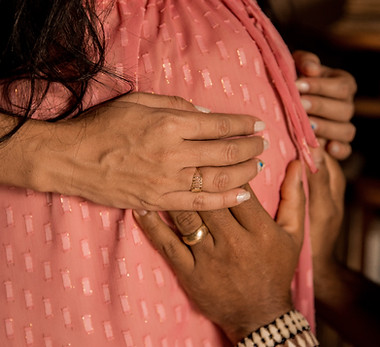
Health & Culture
Culture: “behavior and beliefs that are learned and shared”
(Skolnik, 2022)
History: Filipino culture has been developed through a mixture of pre-colonial tradition and religion (such as Catholicism) as well as more modern medicinal routes from the west, like drug and surgical treatments.
(Hernandez, 2022)
5 Common Health Beliefs
Philippine culture promotes various ideas regarding what affects their health.
(Abad et al., 2014)
Spotlight on the elderly
Elderly Filipinos have a more traditional view of health based on their culture. Health and well-being is strongly linked to their faith in God, and decisions are often a family matter before ever coming in contact with a healthcare facility.
Traditional views of mental health: Thoughts on mental health are traditionally those of shame and unwillingness to accept the problem, often leading to lack of treatment. Cultural stigmas against it stem from various beliefs: mental illness is weakness of spirit, and mental illness can be dealt with through family, friends, native healers or faith. Barriers to getting treatment are mainly due to lack of resources that fit into the Filipino religious models of health.
Traditional views of coping: culture in the Philippines embraces various models of behavioral coping with illness, including Tiyaga (Patience and endurance), Lakas ng Loob (flexibility), Tatawanan ang problema (humor), and Bahala Na (fatalistic resignation)—that health is in the hands of God and not to be messed with.
(Standford Medicine Ethnographics, n.d.)
Gender Roles
Based on their Spanish heritage, the Philippines traditionally embraces two concepts regarding gender roles: machismo and marianismo.
The study done by Nuñez et al. found that the effects of machismo and marianismo can have a negative impact on cognitive and emotional health. This includes depression, cynical hostility, anxiety, and anger. (2016)
During president Rodrigo Duterte's administration, many claim's to the leader's sexism were made, embracing the full-on traditional view of machismo and often shaming the women in his country. Protests gathered during one of his state of the union addresses.
(Haynes, 2018).






